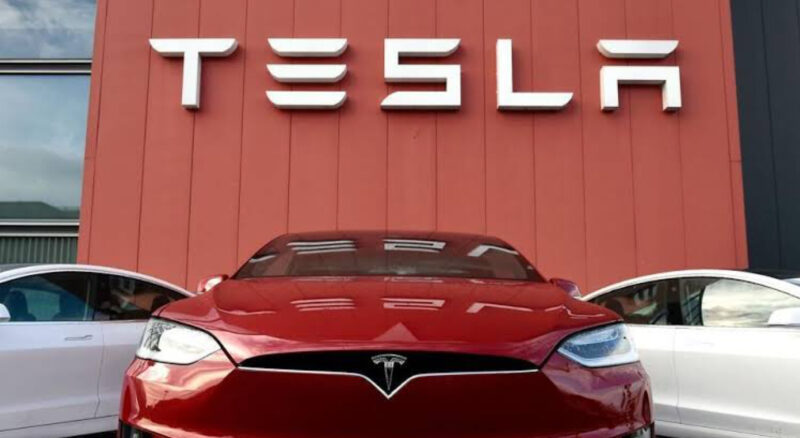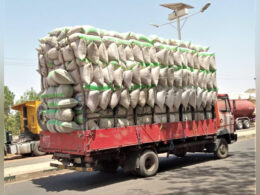Tesla Expands into Saudi Arabia with New Showrooms Amidst Shifting EV Landscape
Tesla, the electric vehicle manufacturer helmed by billionaire Elon Musk, has inaugurated its first showrooms in Saudi Arabia, an oil-rich nation where hybrid vehicles remain a rarity. The new showrooms, located in the capital city of Riyadh, as well as in Jeddah and Dammam, come at a time when Tesla is facing declining global sales.
This expansion into Saudi Arabia is accompanied by plans to launch electric vehicle charging stations starting from Friday in each of the cities where the showrooms have been opened, with more installations expected in the future. Naseem Akbarzada, Tesla’s country manager for Saudi Arabia, expressed pride in starting a “long-term presence” in the kingdom.
The expansion occurs against the backdrop of recent controversies surrounding Musk’s political connections, particularly with former U.S. President Donald Trump, which have reportedly led to attacks on Tesla showrooms in the United States and a decline in the company’s stock value since Musk’s increased involvement with the U.S. government.
Despite the low demand for electric vehicles in Saudi Arabia, young locals flocked to the new Tesla showrooms. The nation, known as the world’s largest oil exporter, offers fuel at rock-bottom prices—around 2.33 riyals ($0.62) per liter—making traditional gasoline-powered vehicles more appealing, particularly given the region’s extreme temperatures. This context means that larger, oil-consuming vehicles dominate the market.
Mohammed Al-Qahtani, an economist from Saudi Arabia, welcomed Tesla’s entry but emphasized the need for more than just showrooms. “We do not want a showroom; we want a factory,” he stated, advocating for Saudi involvement in the production process.
The lack of sufficient charging infrastructure and the vast distances within the country means many Saudi drivers may consider electric vehicles more suitable for short trips rather than as replacements for traditional vehicles. For instance, the distance from Riyadh to Jeddah is approximately 950 kilometers (590 miles), exceeding the maximum battery range for most electric cars.
Before Tesla’s arrival, Saudi Arabia had only 101 charging stations, a stark contrast to the neighboring United Arab Emirates, which boasts 261. Nonetheless, the Saudi electric vehicle market experienced significant growth last year, tripling to about 800 cars, according to the business publication Al-Iqtisadiyah.
In an effort to diversify its oil-dependent economy, Saudi Arabia aims to install 5,000 electric vehicle charging stations by 2030. Moreover, the kingdom’s Public Investment Fund (PIF) has taken a substantial stake in luxury electric vehicle maker Lucid, which opened a factory in Jeddah in 2023 following a billion-dollar investment from Saudi Arabia. Additionally, Saudi officials have partnered with South Korea’s Hyundai to establish a manufacturing plant for electric and gasoline-powered vehicles in the kingdom.
The local electric vehicle brand CEER, launched in 2022, is set to commence production in 2025, while recent initiatives include the launch of a showroom by the Chinese company BYD in Riyadh, offering more affordable electric car options.










Join our Channel...